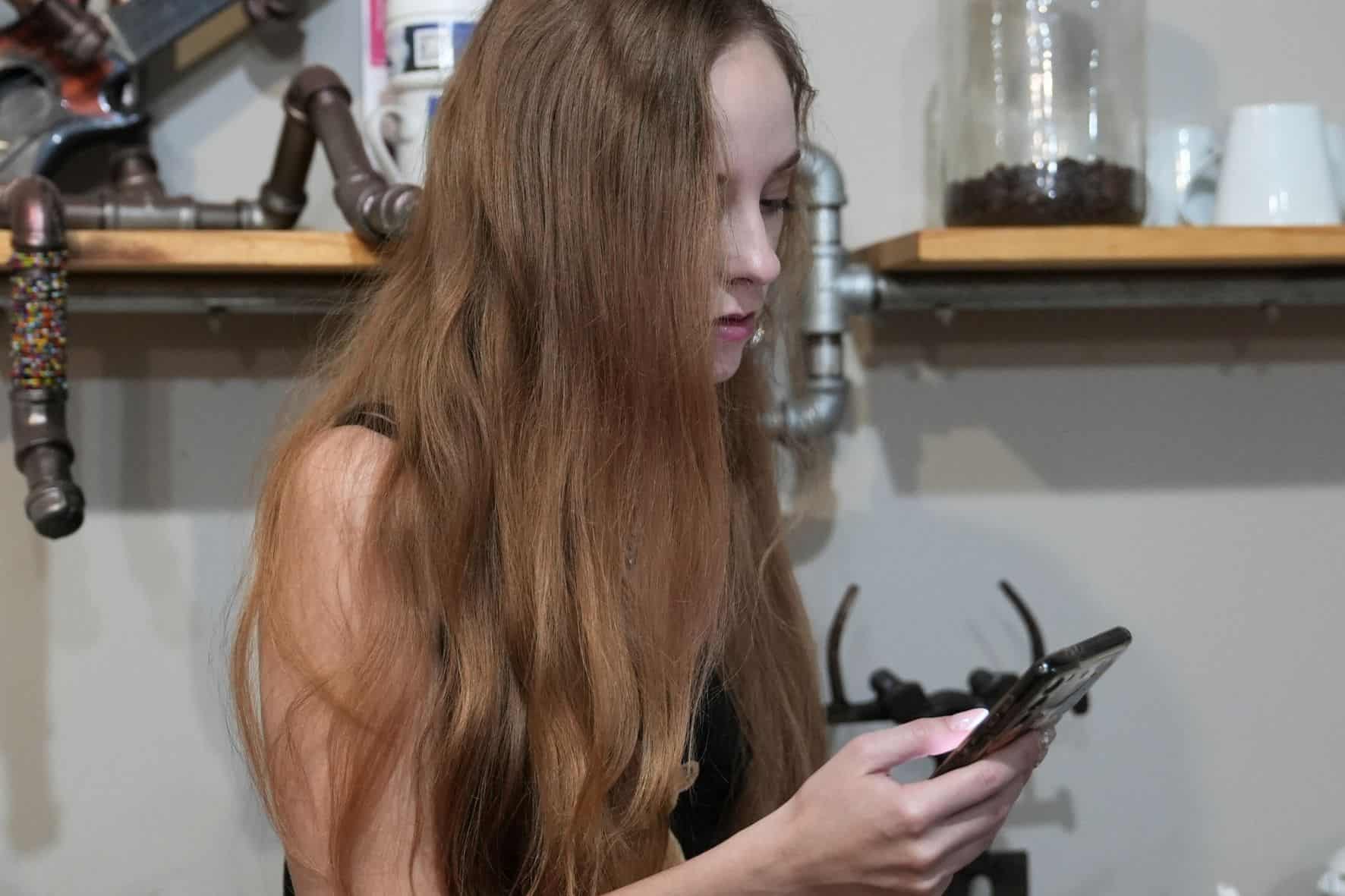Research shows that Gen Zs are the loneliest generation, despite having it all.

Gen Z is the first generation that has grown up completely immersed in a digital world.
But it’s not just a world of convenience and technological progress.
Instead, of simply getting dopamine hits from swiping, doomscrolling, cancel culture and a host of other anxiety-causing conditions have surfaced in substantial volumes.
Loneliness, disillusionment and depression are becoming the mental health scourges of modern times.
Clinical psychologist and medical doctor Dr Jonathan Redelinghuys said the signs are no longer subtle.
“They are not just moody teens. Many of them are genuinely unwell. Anxiety and depressive disorders are presenting earlier and more severely than we’ve seen in previous generations,” he said.
Gen Zs were born between 1997 and 2012. Smartphones, social media and streaming culture have shaped their reality from birth. But hyperconnectivity, what Gen Zs grew up with, has come with a toll.
A 2023 Pew Research Centre report found that nearly one in three teens said social media had a negative effect on their mental health.
“It’s not just the content, it’s the comparison. Gen Z is constantly measuring themselves against filtered, curated lives online. That’s incredibly damaging,” Redelinghuys said.
His observations match published research in the American Journal of Health Behaviour in 2020, which found that the more time adolescents spent on social media, the more likely they were to report mental health challenges.
The American Psychological Association reported that 91% of Gen Z adults aged 18 to 23 experienced at least one physical or emotional symptom of stress in the past year. That’s a lot higher than the general adult population, where the figure was pegged at 76%.
Overstressed Gen Z’s
In South Africa, the numbers tell a scary story.
Youth unemployment remains high, with StatsSA’s 2024 data showing nearly 45% of South Africans aged 15 to 24 are without work.
“There’s a sense of hopelessness. Many Gen Z’s feel like they are climbing a ladder that is missing rungs,” Redelinghuys said.
Add to this the escalating cost of living, student debt, and an increasingly competitive academic environment, he noted.
“The consequence can be mental burnout before life’s even hit the fast lane.”
ALSO READ: 7 reasons Gen Zs choose friends with benefits
The American College Health Association’s 2023 assessment noted an increase in academic anxiety, insomnia and emotional exhaustion among US college students.
“The pressure to succeed is immense. They are expected to perform like machines, while also navigating identity, climate fear and digital overload,” Redelinghuys said.
A 2021 global study published in The Lancet Planetary Health found that 59% of young people surveyed were “very” or “extremely” worried about climate change, with over 45% saying that those fears affected their daily functioning.
One respondent noted, “It makes me anxious, like I have no future.”
Redelinghuys said this kind of future-looking dread is increasingly common.
“They are not imagining it. They’re growing up in a world where adults seem paralysed, and the problems feel insurmountable.”
Gen Z – the loneliest generation
Gen Z has also been labelled the loneliest generation.
Research from Harvard’s Graduate School of Education in 2021 found that more than 61% of Gen Z adults in the United States reported profound loneliness.
Remote schooling, lockdowns and a lack of in-person social development during crucial years have left many of them socially fragmented.
“It’s likely no different in South Africa,” said Dr Redelinghuys.
It’s a generation pedestalled for its openness, inclusivity and focus on self-expression.
The McKinsey & Co report on generational trends noted that while many Gen Zer’s explore diverse identities, they also face backlash, online harassment and internal conflict. It can become a major source of stress though.
“They are brave and honest about who they are, but society is still catching up. That creates tension,” Redelinghuys said.
According to Dr Redelinghuys Gen Z’s need a different approach to how generations prior was managed and psychologically healed or counselled.
“In a sense, they have inherited a rotten world of real-time conflict, environmental collapse and social disintegration. Couple this with a hyper-connected digital multiverse, and there can only be challenges,” he said.
“Interventions need to go beyond mindfulness apps and social media breaks. Schools, parents, policymakers. Everyone has a role to play. Gen Z is telling us they are not okay. We need to listen.”
NOW READ: Why Gen Z fears phones
Support Local Journalism
Add The Citizen as a Preferred Source on Google and follow us on Google News to see more of our trusted reporting in Google News and Top Stories.








